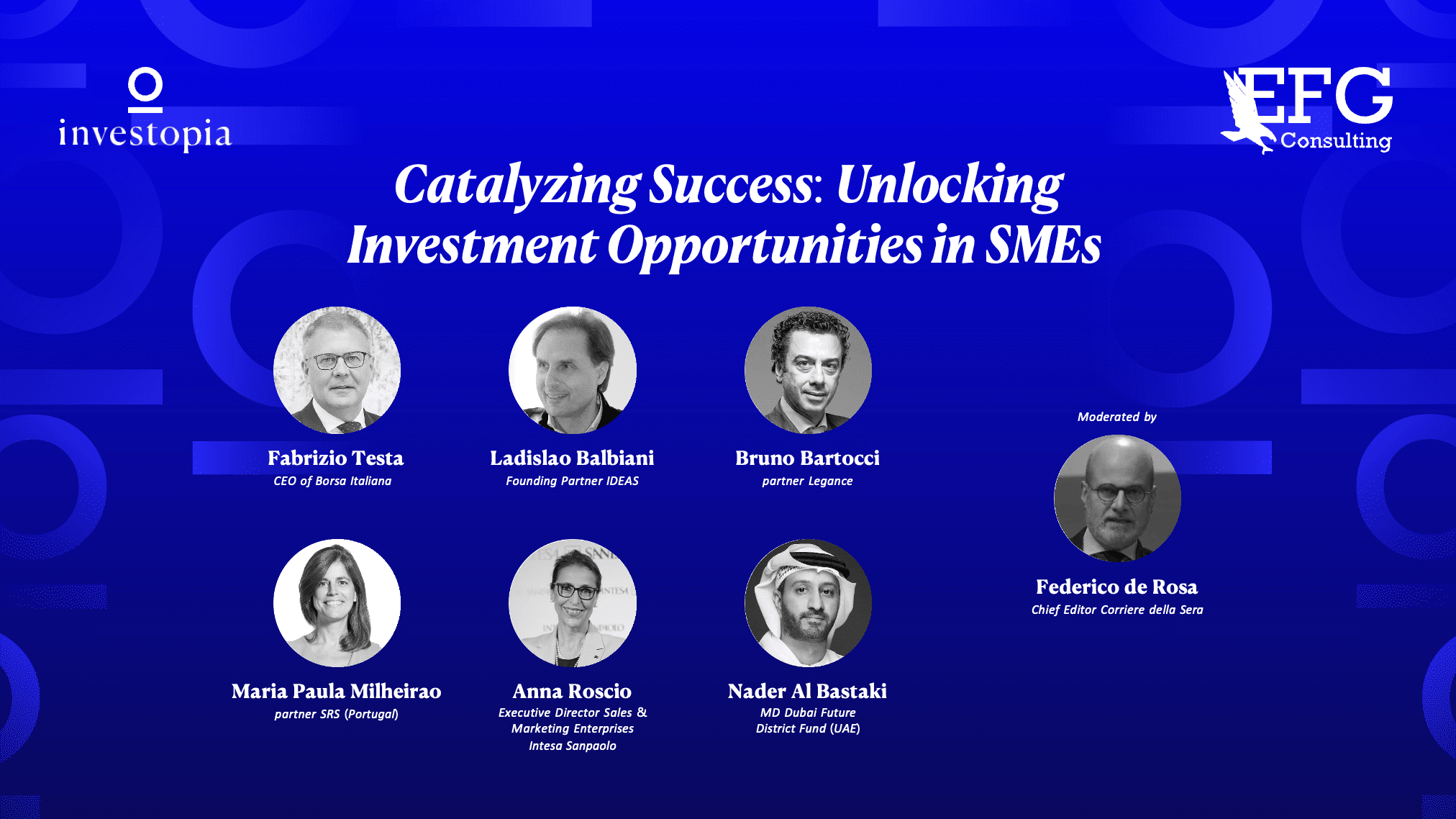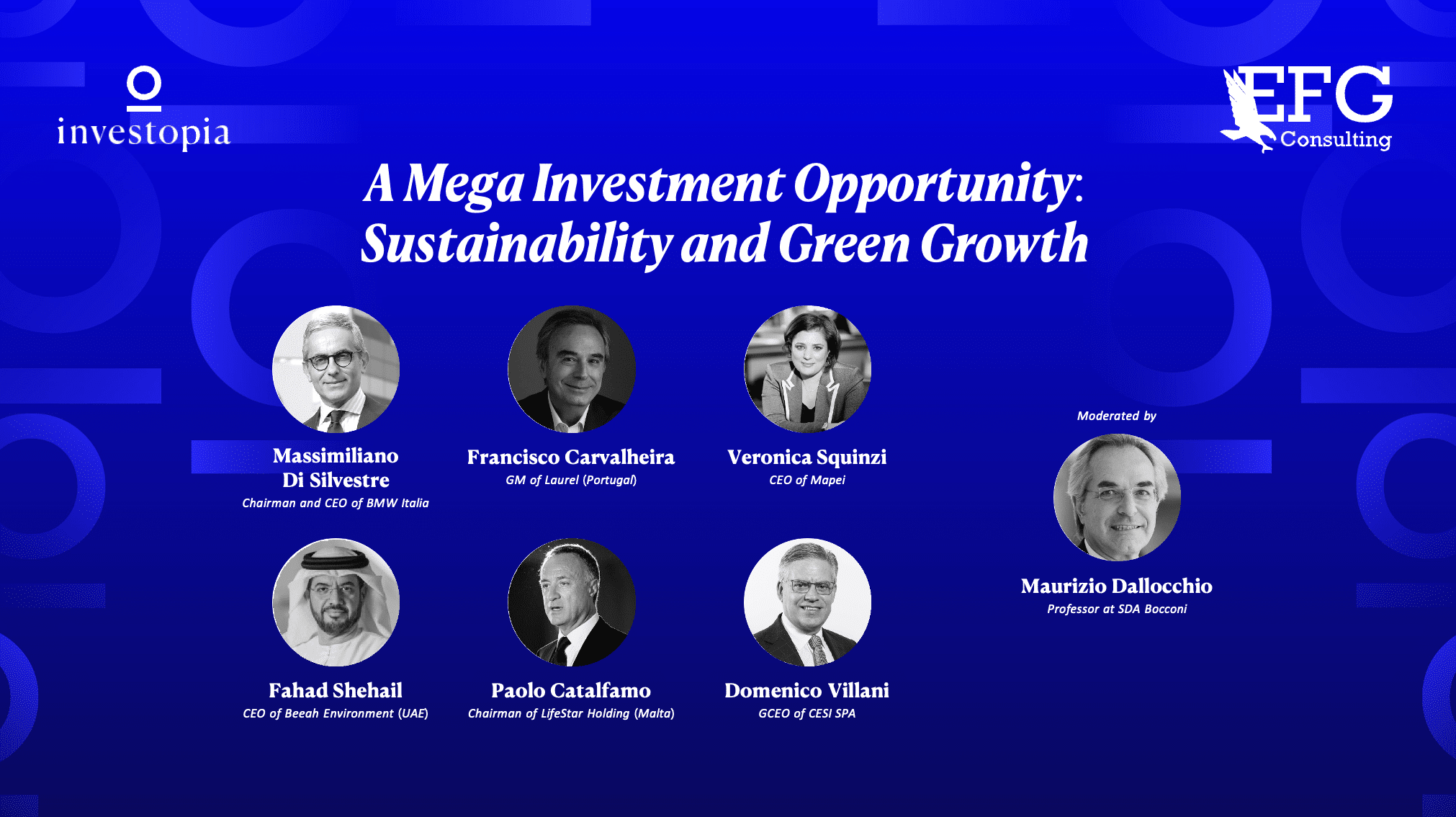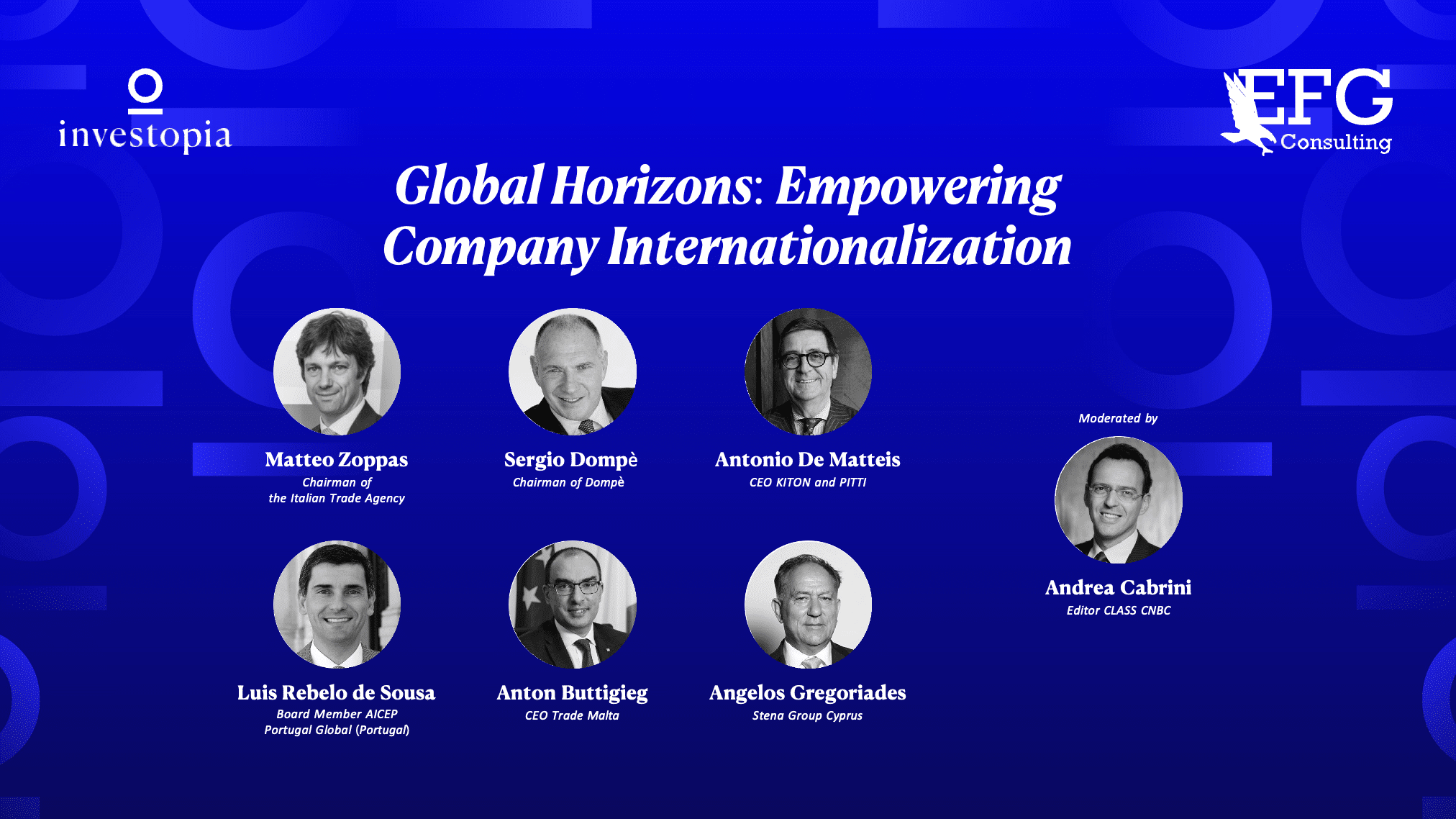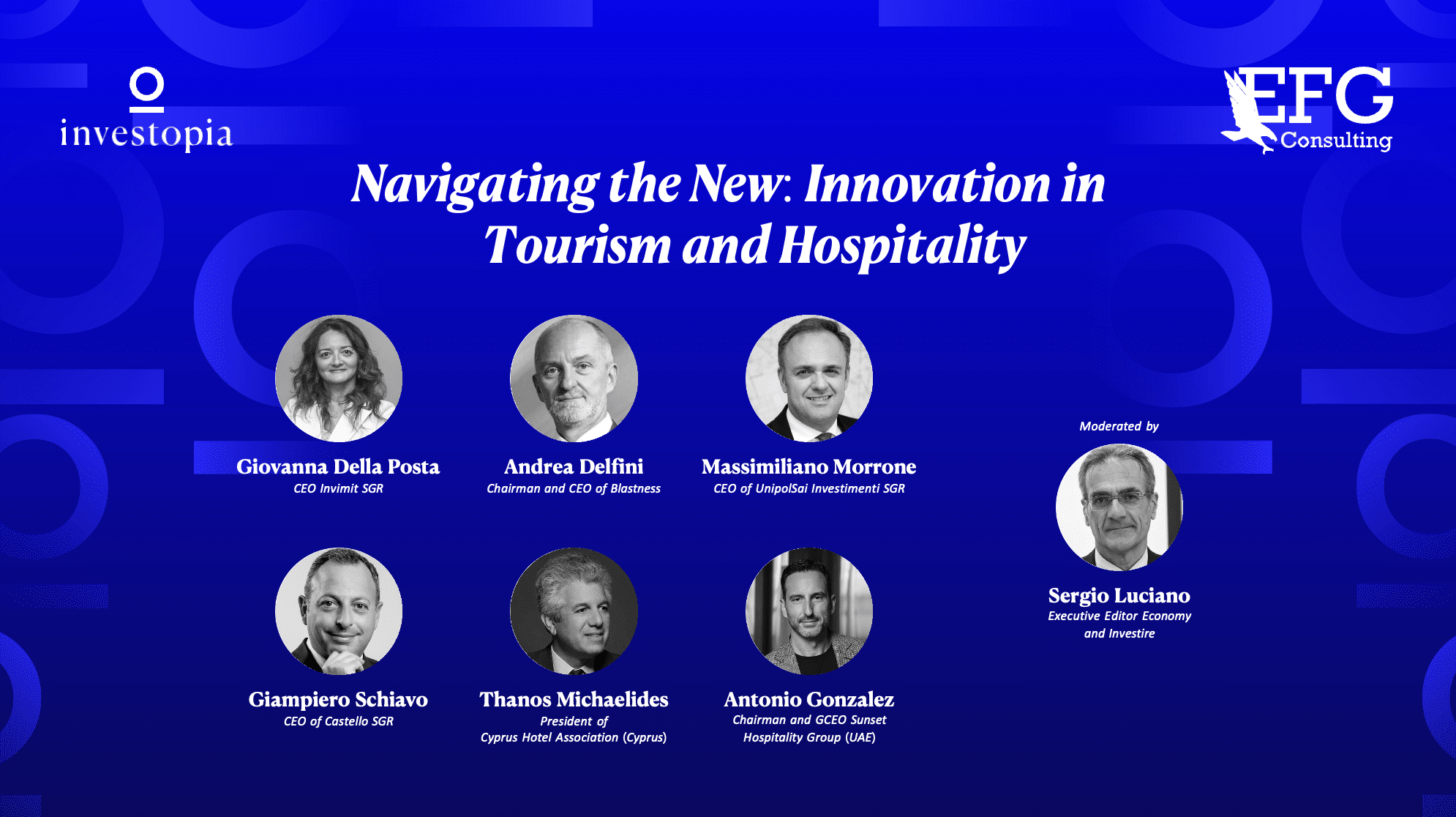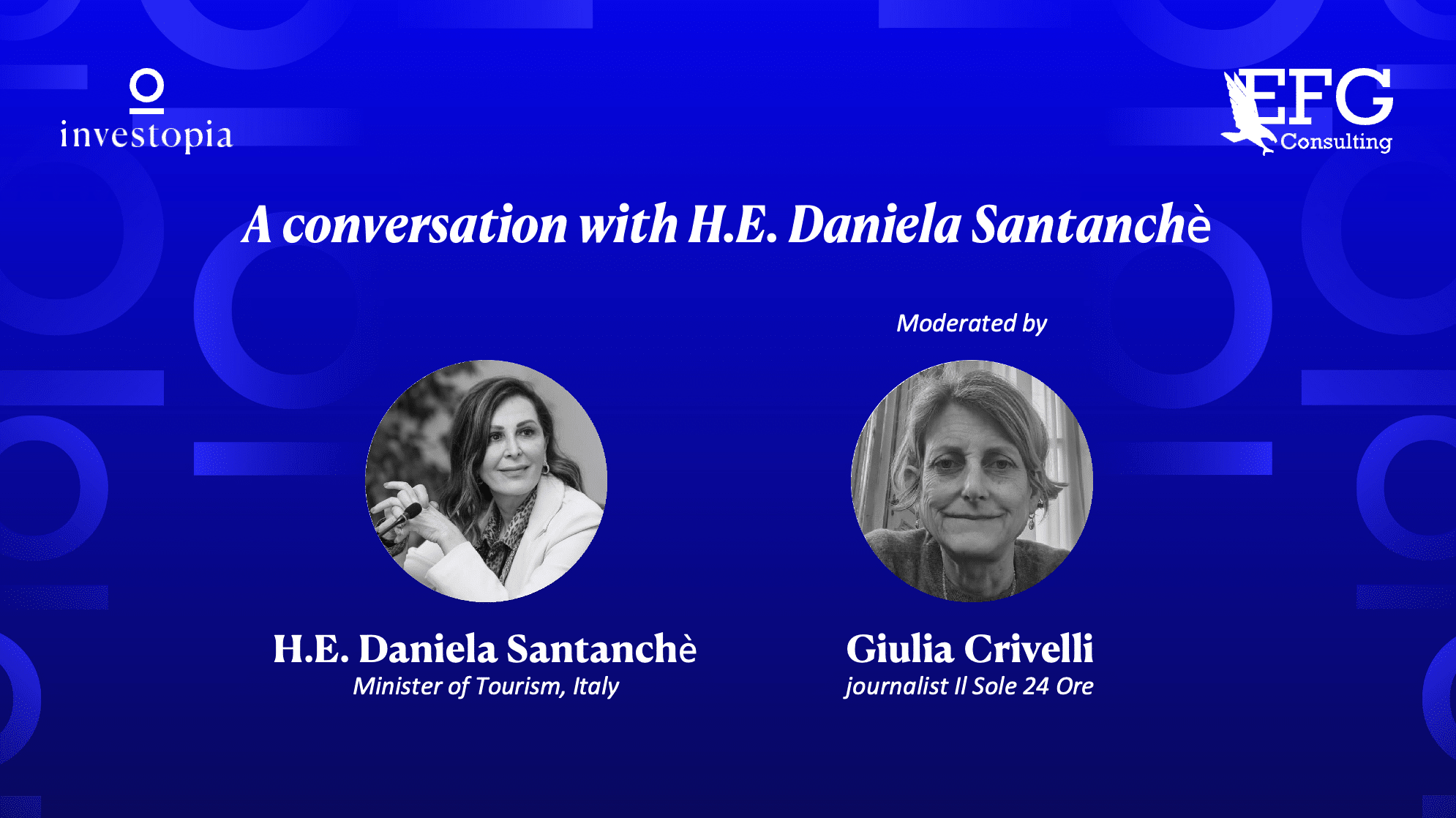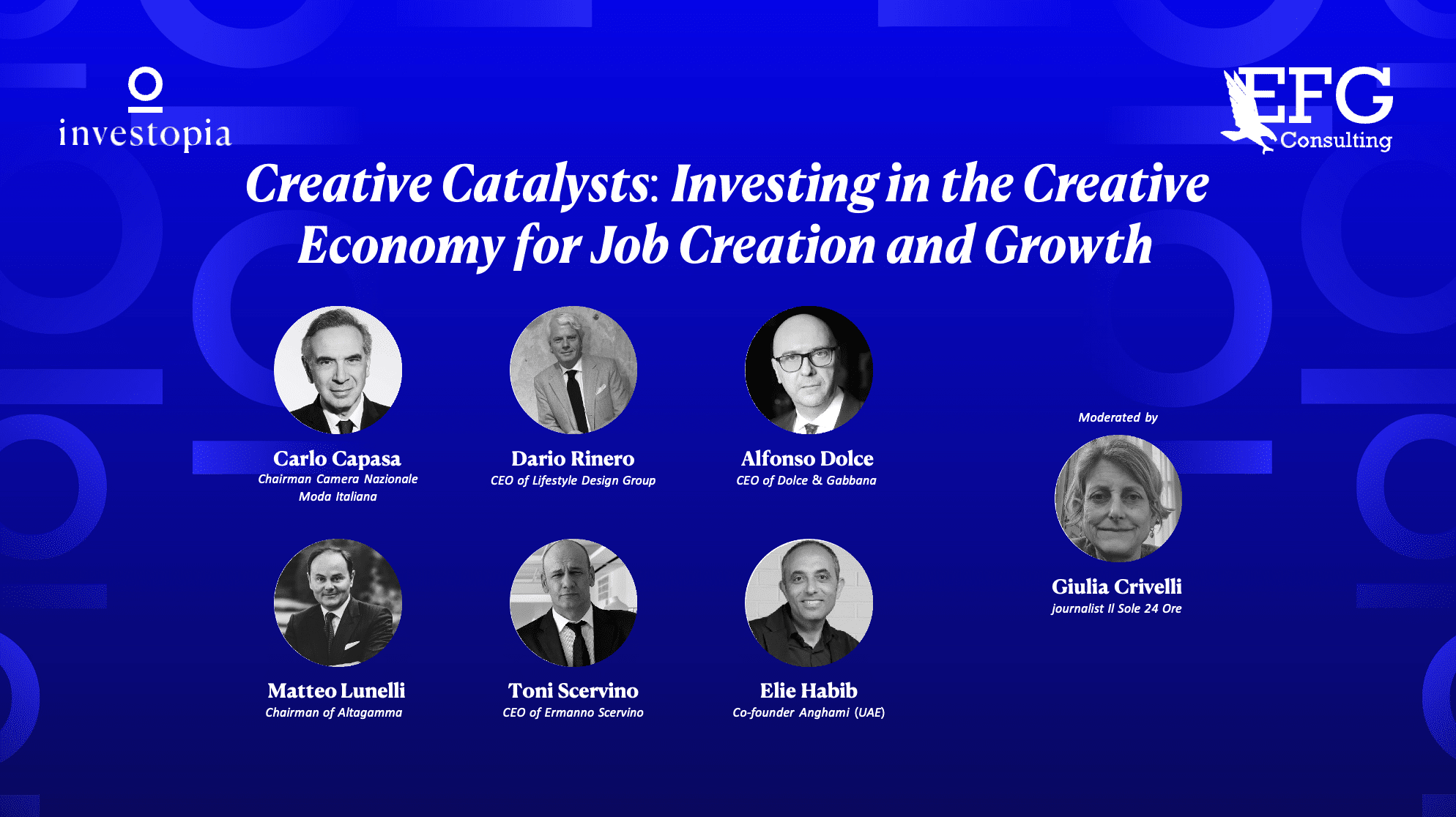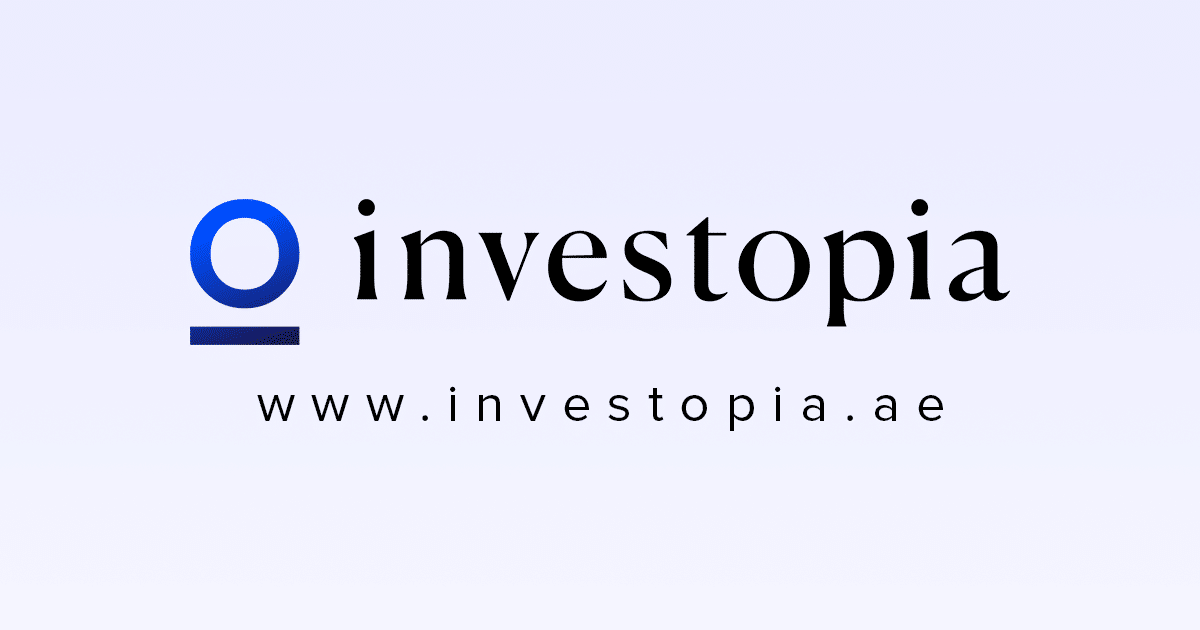Session Speakers:
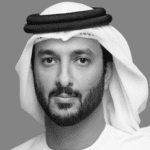
H.E. Abdulla bin Touq Al Marri
Minister of Economy of the United Arab Emirates
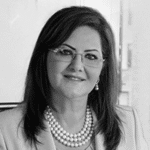
H.E. Hala El-Said
Minister of Planning and Economic Development, Arab Republic of Egypt
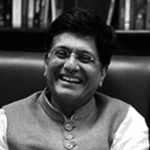
H.E. Piyush Goyal
Minister of Commerce & Industry, Republic of India
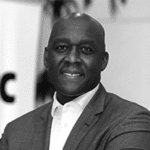
Makhtar Diop
Managing Director, International Finance Corporation
Share
Listen to this content
Key Takeaways
- The recovery from the COVID-19 pandemic is still underway, and emerging markets are facing both demand and supply shocks, including inflationary pressures and disruptions in supply chains.
- Corrective action and timely responses are necessary to address these issues, as well as investments in areas such as public infrastructure, clean energy, and job creation.
- Geopolitical risks and the potential for sanctions continue to be a concern, but diplomacy and alliances for peace can help mitigate these risks and create more opportunities for trade and job growth.
- The shift away from the monopoly of the US dollar in global trade is happening gradually, and the localization of value chains and more resilient regional and sub-regional value chains can help mitigate the risks associated with a single currency.
- Technology can play a crucial role in navigating the current crisis and helping emerging markets become more efficient, particularly in reducing waste in energy and food production.
- Climate change poses significant risks to emerging markets, and green growth strategies and circular economies can help turn these challenges into opportunities for job creation and economic growth.
- Emerging markets need to be supported against the challenges of climate change, and there is a lot of disparity in terms of climate intention and action. The youth can play a crucial role in defining solutions to these challenges and avoiding the mistakes of previous generations of decision-makers.
Investopia 2022 Inaugural summit brought together prominent experts and leaders from the emerging markets to discuss the current state of the economies, the challenges and opportunities for growth and investment, and the risks posed by the pandemic and the geopolitical landscape. The session titled “Emerging Markets: From Frontiers to Frontline?” was moderated by John Defterios, Senior Advisor at APCO Worldwide, and Professor of Business at NYU Abu Dhabi. The speakers included H.E. Hala El Saeed, Minister of Planning, Monitoring & Administrative Reform – Egypt; Makhtar Diop, Managing Director – IFC; H.E. Abdulla BinTouq Al Marri, Minister of Economy- UAE, and H.E. Piyush Goyal, Minister of Commerce and Industry – Republic of India.
The session began with a question to H.E. Abdulla Bin Touq about the ambitious agenda to sign eight agreements in 2022. The minister acknowledged the current turbulence in world politics and highlighted that the UAE’s emphasis is on navigating the pains while protecting the consumers. He emphasized the importance of agility and stated that it is crucial to understand whether we are in a lake or an ocean.
The second question about the inflationary pressures and supply chain pains was directed towards Makhtar Diop, Managing Director of IFC. The director highlighted the fragmentation of capital markets and supply chains and the issues faced by the energy sector. He emphasized that aid and philanthropy have been replaced by the need to keep capital flowing to support the specific sectors of society.
The third question was directed to H.E. Piyush Goyal, Minister of Commerce and Industry – Republic of India, about energy independence. The minister emphasized that India was through a similar story years ago. The country has been focusing on structural reforms, making it easier to do business and accumulating more currency reserves. He highlighted that the country’s focus is on a better life for Indians, especially with necessities, through public investment while ensuring economic energy security.
H.E. Hala El Saeed, Minister of Planning, Monitoring & Administrative Reform – Egypt, spoke about Egypt’s recovery towards a post-pandemic economy. She emphasized that the world is still recovering from a pandemic affecting demand and supply. The current recovery remains imbalanced with enhanced demand and insufficient supply due to continuous disruptions in the supply chain, leading to price increases. She highlighted that timely corrective action is crucial and that Egypt is trying to balance preventive measures and maintaining its economic activity.
When asked about the polarization of the world due to what is happening in Ukraine, H.E. Abdulla BinTouq Al Marri, Minister of Economy- UAE, emphasized the need for diplomacy and working on more trade to create more alliances for peace and more opportunities for the people. He highlighted the need to re-engineer supply chains in a post-pandemic world.
Makhtar Diop, Managing Director – IFC, spoke about the shift away from the monopoly of the US dollar with China starting to price oil and gas in yuan. He emphasized that the world is moving towards a multipolar source of growth, and the localization of value chains is necessary to create more resilient regional and sub-regional value chains.
H.E. Hala El Saeed, Minister of Planning, Monitoring & Administrative Reform – Egypt, emphasized the need to balance the transition. She highlighted the government’s heavy investment in infrastructure that feeds into a decent quality of life and sustainable and green plan. The government is also facilitating financing by creating financial products such as a green fund and other specialized funds for FinTech, utilities, medical, pharmaceutical, etc.
The final question was directed toward H.E. Piyush Goyal about whether emerging markets can navigate
the current geopolitical risks. The minister emphasized that the present geopolitical risks are not unique and that every country has to deal with them. He highlighted the importance of building relationships based on trust and mutual respect, especially in times of crisis, and mentioned that India has been building partnerships with many countries worldwide.
In summary, the session “Emerging Markets: From Frontiers to Frontline?” highlighted the challenges and opportunities for emerging markets in the current geopolitical and pandemic landscape. The speakers emphasized the importance of agility, resilience, and diplomatic relationships to navigate these challenges successfully. They also discussed the need for investment in sustainable infrastructure, green energy, and financial products to support economic growth and maintain a decent quality of life. The session provided valuable insights for investors and business leaders interested in emerging markets’ potential for growth and investment.



